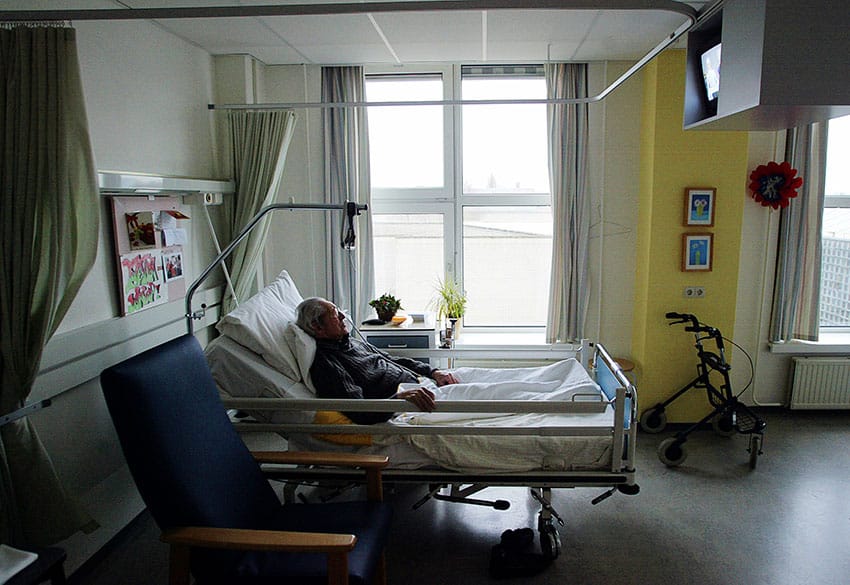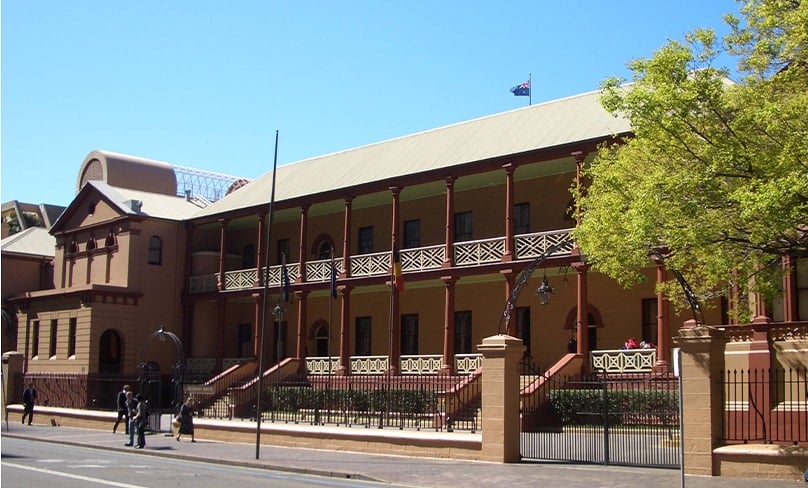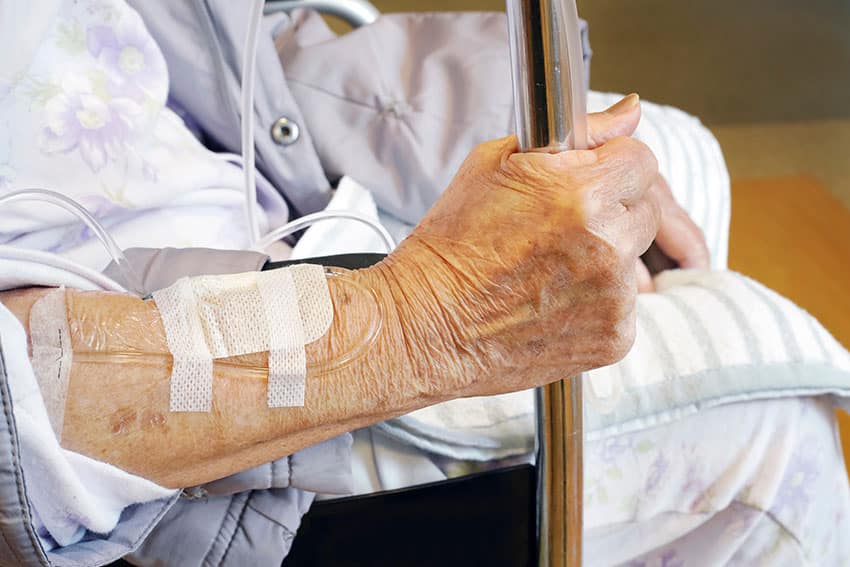
With debate on Independent MP Alex Greenwich’s “voluntary assisted dying” legislation coming to a head in the NSW Upper House, Catholic aged care providers are concerned they will be forced to allow euthanasia on premises without conscience protections.
Were this bill to become law in its current form, Catholic aged care homes would have to allow medical practitioners on premises to perform “voluntary assisted dying” procedures or deliver euthanasia drugs to patients who would then administer them themselves.
Catholic aged care homes would also be required to provide information on euthanasia, or allow a “voluntary assisted dying care navigator service” on premises to do so.
“One of the most concerning aspects of this Bill is that it fails to protect the rights of institutions to opt out.”
Catholic Health Australia (CHA) is Australia’s largest non-government provider of aged care facilities, and said in its submission to the Upper House inquiry into the bill that it “infringes the rights of the people working, living and being treated at our members’ facilities” to live in communities free from “intentional taking of life”.
CHA Strategy and Mission Director, Brigid Meney, told The Catholic Weekly that “if Parliament still sees fit to legally sanction this then they have a duty to scrutinise the legislation closely and amend the worst elements … One of the most concerning aspects of this Bill is that it fails to protect the rights of institutions to opt out,” Ms Meney said.
“So while a facility or its staff might not directly assist in the process, the Bill authorises someone who doesn’t have a relationship with that care provider to come in and administer a lethal dose.

“The VAD doctor can do this without informing the home and leave it up to the staff or residents to deal with the trauma of discovery. That is conscientious objection in name only.”
Sr Elham Geagea, a Maronite Sister of the Holy Family and CEO of Maronite Sisters Village, runs two aged care facilities in Marrickville and Dulwich Hill in Sydney’s inner-west with a total of 100 residents.
She says neither the sisters, nor the residents and their families, would be comfortable with euthanasia offered on premises at her aged care homes.
“The government has to respect our beliefs also. We are here to do mission, to spread the Good News, to spread the Gospel.”
“We’d not be comfortable at all, but if they make it a law we’d have to follow it. We can’t breach the law, but we won’t be at all comfortable,” Sr Geagea told The Catholic Weekly.
“The government has to respect our beliefs also. We are here to do mission, to spread the Good News, to spread the Gospel.
“We can’t go against our mission. We will contradict ourselves.”

She said that by imposing laws relating to life issues such as marriage, abortion and euthanasia the government showed a lack of understanding of the values of diverse communities.
“I know that Australia is multicultural, but they are not respecting that. We start to see that our beliefs and our freedom is not protected.”
She said that if she was required to permit euthanasia at Maronite Sisters Village, it could pose the question as to whether her aged care homes could remain open.
“Requiring a faith-based hospital or aged care facility to allow any part of the euthanasia or assisted suicide process on its premises not only undermines the freedoms of religion and conscience, but also the freedom of association.”
“Maybe it will be. Maybe it will be,” Sr Geagea said.
The facility’s governance also has input from the Mother-General, Maronite Bishop Antoine Tarabay and other advisors, but Sr Geagea said if the decision was solely up to her, she would rather shut up shop than allow euthanasia.
“If it belonged to me … I would close it,” she said.

“We know our people, what they believe in. We know our community. Many of our people, Lebanese people, they won’t accept that.”
“I’m praying that this bill will not pass.”
The NSW Catholic Bishops, in their submission to the NSW Upper House inquiry on the bill, recommended significant amendments to the bill and the insertion of conscience provisions in both the bill’s principles and in specific sections.
“So while a facility or its staff might not directly assist in the process, the Bill authorises someone who doesn’t have a relationship with that care provider to come in and administer a lethal dose.”
“Requiring a faith-based hospital or aged care facility to allow any part of the euthanasia or assisted suicide process on its premises not only undermines the freedoms of religion and conscience, but also the freedom of association, because it insists that there be no aged care facility or hospital in the state where those who do not wish to have any part in euthanasia and assisted suicide,” the submission said.
“It amounts to a denial of the right of churches and faiths to establish and conduct care institutions in accord with the ethos of that church or faith.”
Related Articles:
